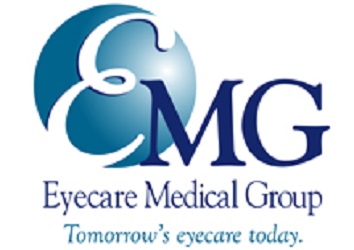


 “A solar eclipse is one of nature’s most awe-inspiring sights. Taking a minute to learn about solar eclipse eye safety precautions will make it a terrific and memorable experience,” explained Eyecare Medical Group Retina Specialist Aaron Parnes, M.D.
“A solar eclipse is one of nature’s most awe-inspiring sights. Taking a minute to learn about solar eclipse eye safety precautions will make it a terrific and memorable experience,” explained Eyecare Medical Group Retina Specialist Aaron Parnes, M.D. 
